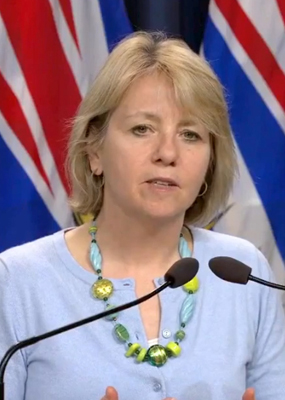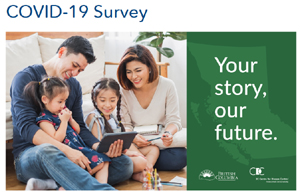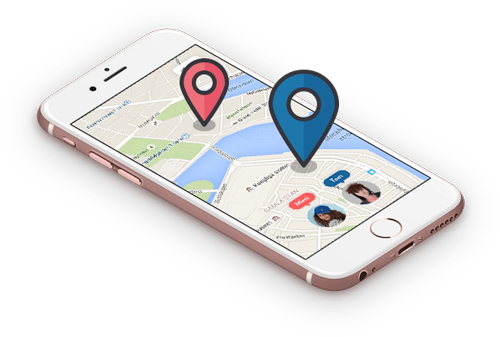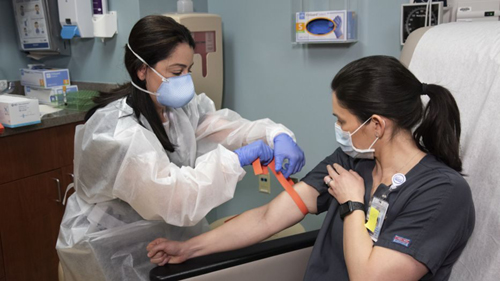Friday May 22, 2020 ~ VICTORIA, BC
by Mary Brooke, B.Sc. ~ West Shore Voice News
The BC Government’s public health survey seeking input from individual British Columbians on their experience with COVID-19 as a disease and a pandemic with socioeconomic impacts has been active since May 12.

So far they have seen about 275,000 responses (slowing in pace since 75,000 on day one, and 165,000 after just two days). So they keep reminding people to hustle their friends and family to also participate in the “Your story, our future” survey which ask a lot of personal detail (though they say all questions are optional).
Both Health Minister Adrian Dix and Provincial Health Officer Dr Bonnie Henry have mentioned the survey in their media briefings, most days. While they were pumped about the initial response, it appears continue uptake is sagging.
How long is the survey active:

The online survey on the BC Centre for Disease Control website at
http://www.bccdc.ca/health-info/diseases-conditions/covid-19/covid-19-survey is open to May 31, 2020.
So what’s missing?
What is still sought in the way of participation that will satisfy the data-driven goals of the BC Centre for Disease Control and the Public Health Officer’s team?
In response to a query from West Shore Voice News, today the Ministry of Health provided some demographic details about the survey responses so far:
- Across the province more work is underway to further reach rural communities were we have reached 83% of the target including exploring advertisements in local newspapers and radio channels.
- First Nations Health Authority and other regional partners are working to promote among Indigenous population living in community.
- Additional outreach to seniors age 75 years and older is particularly important, with messaging to those who have completed the survey to help those in their lives complete the survey who may need it. We can also further promote the call line to help assist as well.
- We are continuing to see fewer responses among the lower income and lower education groups.
- While we have responses from across all ethnic groups, some visible minorities have much lower response than desired target:
- Those of African or Caribbean background
- Those of Korean background
- Those of Southeast Asian background (e.g. Vietnamese, Cambodian, Malaysian, Indonesian, Thailand, Laotian)
The matter of privacy:

There is the issue of privacy by completing the survey. It asks for age, gender, health conditions you may already have, and a whole lot more. Not that our data-driven, smartphone-carrying society has much choice anymore.
Already Dr Henry has revealed that smartphone GPS was tracked through Google to determine the movement of British Columbians during spring break (during the initial most intense self-isolation phase of the pandemic), and this week casually mentioned how credit card and loyalty-point card usage can be retrieved by public health officials in the interest of COVID-19 management.
Signing up for the serological study:

The survey offers the opportunity to sign up for a serological study, to see if you and others have already achieved some immunity to the COVID-19 virus. To do that, you have to provided your Personal Health Number (PHN).
In terms of privacy, it’s a healthy sign if you think twice before providing your PHN and all your current health profile online. Though in terms of your long-term health, it might be good to take part in the serological study, to perhaps find out if you’re one of the many British Columbians who have probably already been infected and didn’t know it (either you were asymptomatic or you thought it was a cold or the flu).


